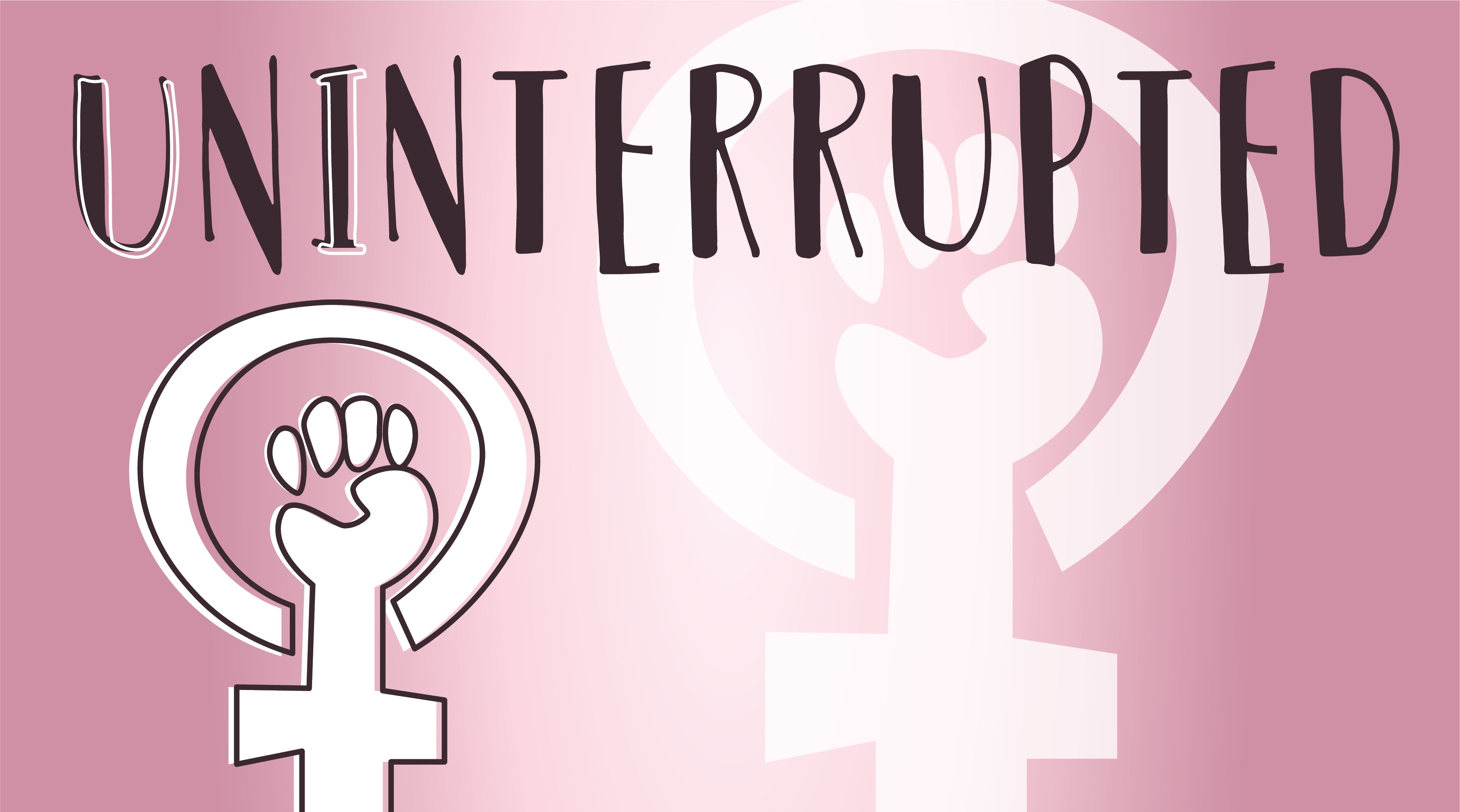
The importance of taking care of your mind
By: Kyndall Cunningham, Columnist
The first time I heard the term “self-care” or indulged in self-care activities, I couldn’t help but picture a 5-year-old sitting in a corner, taking a breather after a temper tantrum. I’m sure someone from the alt-right has used this image in a political cartoon already. Nevertheless, that’s how we’re taught to think about self-care, making us feel awkward, ashamed or embarrassed, when we simply need a second to readjust.
As an introvert, I’m no stranger to putting myself first. My high school choir instructor once told me that if there’s one thing she knew about me, it was that if I didn’t want to do something, I wouldn’t do it. I remember blushing in that moment, thinking of a solo she wanted me to sing that I declined. Now, as a woman, I couldn’t be prouder of that moment and the fact that even others could see that I wasn’t a yes girl.
Self-care requires a lot of saying, “No.” Of course, self-care means different things to different people, but it starts with doing what’s best for you in certain situations instead of what your friend, girlfriend, boyfriend or family member wants you to do. For a long time, I was saying no to a lot of things, including what was best for me.
When I first set out to take care of myself during a stressful time in my life, I was doing it all wrong. I was stuffing my face with junk food, watching Real Housewives on a constant loop, ignoring text messages and phone calls, and declining invitations to hang out with my friends. I wasn’t feeling any better mentally, and none of my problems were going away. Human interaction was an actual pain because being alone felt so much better.
My dilemma finally came to a head when I realized I was in the worst mental state that I had ever been in in my life. I had my first panic attack. I could burst into tears at any second. The only dialogue I had with my family was, “Hi” or “Bye.” I was a disaster. I hated that something was wrong with me, and that I had to confront my mental health at such a young age. That’s when self-care became about my future and not what felt good in the moment.
Part of what I was doing was self-pity. This is not to say that people with mental health problems or depression just sit around and feel sorry for themselves. I can confidently look back and say that about 30 to 40 percent of the pain I was going through was a hole I had dug for myself. It may not have been on purpose, but I definitely dug it.
I think in our society, we romanticize this “Bridget Jones eating ice cream and crying in front a television” idea of self-care that isn’t healthy. I took that idea way too far, and ended up slowing down my life. I don’t exactly know when it hit me, but I finally realized that self-care is about taking a break to readjust yourself to get back out into the world where you belong. You can be a proud introvert, but you also deserve a world outside of your bedroom.
Ultimately, the best thing self-care can make you is more self-aware. Find out what you like in your private time. Read a book. Watch a documentary. Try a new hobby. Go to the gym. Learn something new. Self-care is really just self-improvement.
Of course, everyone needs a healthy dose of lounging and watching reality television, but don’t abandon your reality in the process.

